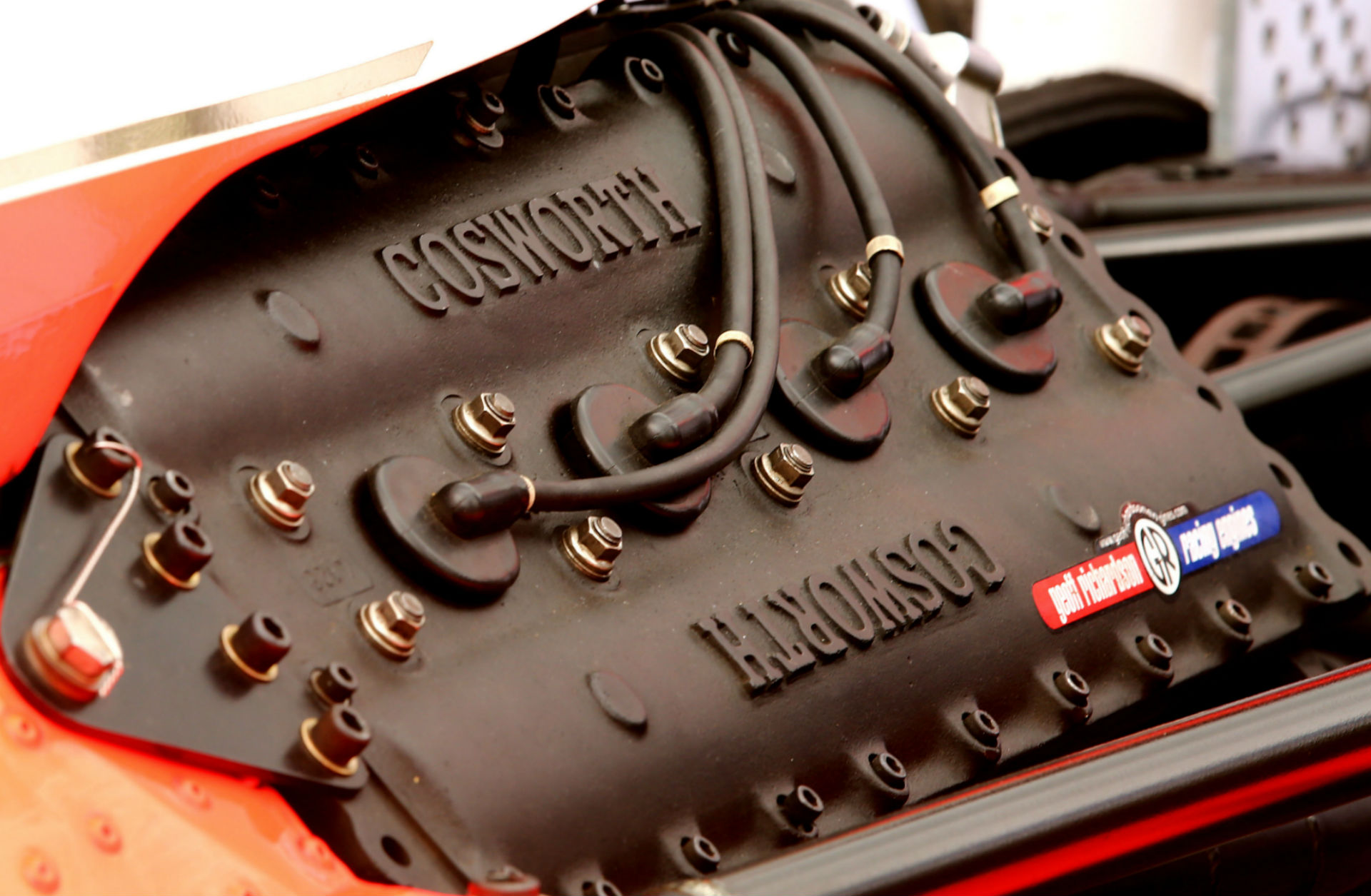

Cosworth, a longtime racing engine manufacturer and technology conglomerate, is reportedly seeking a partner to enter IndyCar with once again in the near future. As detailed in a recent article by Motorsport, the British company is seeking opportunities to rejoin the premier American open-wheel series for the first time in ten years.
Bruce Wood, Cosworth’s managing director of powertrains, confirmed when asked if the well-accomplished firm was currently considering an IndyCar bid.
“We have a fantastic motor racing heritage and Cosworth is keen to go top-flight racing again with the right OEM partner,” Wood explained to Motorsport. “We’re constantly in talks with people in IndyCar. You can do it very economically, compared to other categories, and you don’t need to own a team.”
Another aspect that’s been drawing Cosworth to IndyCar is the chance to compete at the Brickyard once again. As Wood elaborated, the idea of partnering with an OEM to race at the Indy 500 is especially enticing and could play a major part in its return to the sport.
“You have to be an OEM to enter Indy,” he said. “If we could find the right OEM to fund it, going back to Indy would be appealing.”

The idea of a third engine supplier has been a hot topic within the IndyCar community. Honda and Chevrolet, the current competitors in the power unit space, have openly welcomed another party, an offer that’s also apparently being weighed by Alfa Romeo. If at least one of these prospective companies were to join in, it could add a bit of spice and flair to the series as a whole. Cosworth admits that it’s had several meetings with teams to enable this comeback, showing it’s dedication to the possibility.
“Over the last several months, particularly since our 2017 season ended, we have had numerous meetings with OEMs about the prospects of becoming partners with IndyCar,” Baker concluded. “We’ve had around 10 of them—some initial meetings, some follow-ups.”
Cosworth is also in talks of joining Formula 1 as soon as 2021 when engine regulations are revised to allow for cheaper, simpler development.